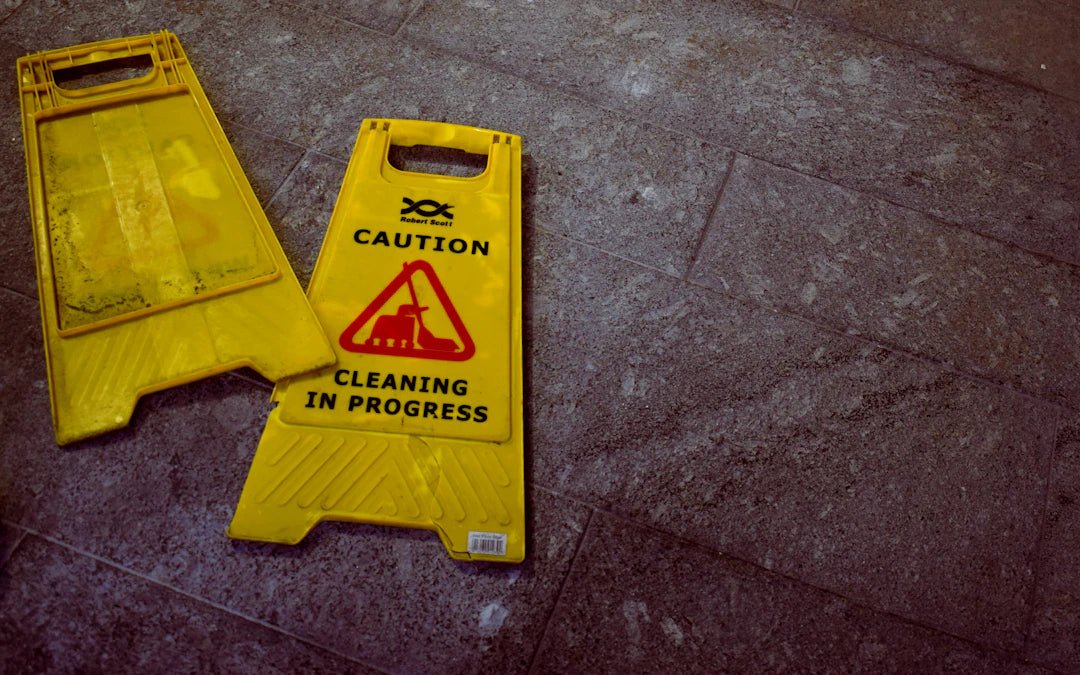Frequently Asked Questions
1. Why is regular household cleaning important?
2. How does a clean home affect mental health?
3. What health benefits are associated with regular cleaning?
4. What are some eco-friendly cleaning practices?
5. How can families participate in household cleaning?
When was the last time you took a thorough look at the different areas of your home? Regular household cleaning is the key to maintaining a peaceful, healthy living environment. It’s not just about aesthetics; it’s about creating a safe space for you and your family. In this article, we’ll explore why regular cleaning is essential, how it can improve your well-being, and practical tips to keep your home in tip-top shape.
The Psychological Benefits of a Clean Home
Your home often reflects your mental state. A cluttered environment can lead to a cluttered mind. Studies suggest that maintaining a clean household reduces stress and anxiety levels.
Reducing Stress and Enhancing Mood
Have you ever noticed how good it feels to walk into a tidy room? A clean home can boost your mood significantly. The act of cleaning itself can be therapeutic. By setting aside time to organize and declutter, you give yourself a sense of accomplishment.
Improved Focus and Productivity
Work-from-home culture has made it crucial to have a distinct separation between personal and professional spaces. A clean and organized workspace can enhance your productivity and focus. You’re more likely to complete tasks efficiently when you aren’t distracted by mess.
The Impact of Household Cleaning on Health
Regular cleaning also plays an essential role in maintaining your health. Here are some health benefits associated with keeping a clean home:
Allergy Prevention
Dust, pet dander, and mold can accumulate quickly in a home. Regular cleaning helps to eliminate allergens that can trigger respiratory problems. Keeping surfaces and spaces clean is particularly crucial for those who suffer from allergies or asthma.
Reducing Germs and Illness
Your kitchen and bathroom are hotspots for germs. Regularly disinfecting these areas can prevent the spread of viruses and bacteria. This is particularly important during flu season or amidst widespread illnesses. A clean home is a healthy home!
The Environmental Benefits of Cleaning
Cleaning doesn’t only benefit your personal space; it also positively impacts the environment. Responsible cleaning practices can reduce waste and promote sustainability.
Using Eco-Friendly Products
Choosing eco-friendly cleaning products can significantly lower your home’s chemical footprint. Many commercial cleaners contain harsh chemicals that can damage the environment. By opting for natural alternatives, you're not only protecting your family but also contributing to a healthier planet.
Reducing Waste
Regular cleaning encourages mindfulness about what you keep in your home. By purging items you no longer need, you can reduce clutter and waste. This process often leads to donating or recycling items instead of throwing them away, which benefits the environment.
Creating a Cleaning Routine
Establishing a regular cleaning routine is essential for maintaining a clean home. Here’s a suggested approach to incorporate cleaning into your schedule:
Daily Cleaning Tasks
- Make your bed every morning.
- Wipe down kitchen counters and dining tables.
- Do a quick tidy-up of your living areas.
- Load/unload the dishwasher.
Weekly Cleaning Schedule
- Dust surfaces and vacuum carpets.
- Clean the bathrooms thoroughly, including toilets and sinks.
- Mop floors and clean kitchen appliances.
- Change bedding and towels.
Monthly Maintenance
- Organize closet spaces and declutter.
- Clean inside of windows and wipe down baseboards.
- Deep clean carpets and upholstery.
The Role of Family in Household Cleaning
Cleaning should not fall on one person’s shoulders. It’s essential to involve all family members in maintaining a clean home.
Assigning Age-Appropriate Tasks
Involving children in household chores teaches them responsibility and teamwork. Assign tasks based on age; younger children might help with tidying toys, while teenagers can handle more substantial chores, like vacuuming or cleaning bathrooms.
Make it a Family Affair
Set aside one day a week for a family cleaning day. Make it fun with music and set goals to make the experience enjoyable. This approach not only ensures that all areas are clean but also promotes family bonding.
Decluttering: The Art of Letting Go
Cleaning isn’t just about wiping surfaces; it’s also about making decisions on what to keep and what to toss. Decluttering can significantly improve your living space.
Understanding the Importance of Decluttering
Too many possessions can lead to chaos. By decluttering regularly, you free up space and make cleaning more manageable. It’s important to evaluate your belongings and determine what truly adds value to your life.
Tips for Effective Decluttering
- Use the “one-year rule”: If you haven't used an item in the last year, consider letting it go.
- Apply the “four-box method”: Label boxes for keep, donate, discard, and relocate.
- Set small goals: Start with one room or even one drawer at a time.
Your Home Deserves It!
Regular household cleaning is much more than just a chore; it’s an investment in your health, happiness, and serenity. A clean environment promotes well-being, reduces stress, and creates a sense of tranquility. Plus, involving the entire family makes it a shared responsibility, allowing everyone to enjoy a cleaner, healthier space together.
So, start incorporating regular cleaning and decluttering into your routine today. Your home will thank you, and so will your mind and body! With these tips and insights, you’re well on your way to creating a sparkling home that enhances not just your living space but your entire lifestyle. Embrace the joy of a clean home and feel the difference it makes!


Share:
Final Touches: Long-term Cleanliness Strategies
Master Your Home: A Personal Cleaning Schedule Guide